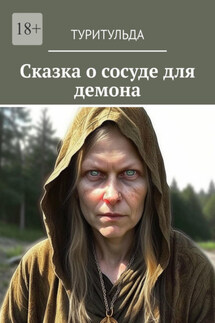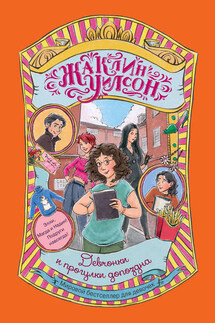Khon Yush. Way From the Ob - страница 13
Kurtan iki was not liked in the village: he was envious, and the luck of his relatives never pleased him. Under the new government, he could compliment, almost bowing to every boss. He could slander anyone before him. He did this, of course, not for the benefit of himself, but for the benefit of the new government. He reported to his relatives, but received no gratitude from the authorities. They did not even thank him, but he already became addicted. Kurtan iki had nothing to do at the honorable work of the Russians, nor he went hunting like his brothers or other relatives. It seemed to him that his work was precisely in this, and it pleased him. What about the villagers? Constantly dissatisfied, illiterate. He didn't know how to write, but could sign documents. He didn't draw tamgu on paper – he wrote his name in letters.
Kurtan iki was the last child in a large family. His mother was fifty years old when she suddenly felt another heart beating under her heart. In their old age, his parents indulged their last child, allowing him whatever he wanted. While elder children helped around the house, went fishing, hunting, harvesting firewood and water, the favorite child played late until night with the neighboring children. The best pieces at the table went to the youngest, and he was used to taking it for granted. If only everything was done for him. Kurtan iki did not learn anything good from hardworking, kind parents.
Having looked at the work of the new authorities, who, without going into the forest for prey, without blood corns from oars, calmly earned money for bread, Kurtan iki was delighted. For Russians, those who have learned one or two letters were no longer illiterate. Therefore, he went to serve them, exposing himself to his superiors in every possible way. Soon he was appointed foreman. The bosses didn't need to catch fish, or get cold at a frozen ice-hole. Now he himself was the head of everything.
But no one envied him, although the new foreman dreamed of it. He envied everyone. His fellow villagers were indifferent to power. And his wife, silent Utiane, was not happy for him. She did not care if he was the boss or just her husband.
Noone knew who was to blame: the NKVD people or someone from the village who was informed about the newborn. The guards of the settlers was free. From time to time they came for fresh meat in the Khanty part of the village. They ate fish together, but someone, apparently, couldn't stop thinking of the baby born. But for some reason no one reported that they took a fresh catch from the population.
Finding nothing in Pitlourkurt, district authorities left for the next village to look for the unknown child. As soon as everything calmed down in the village, Anshem Iki went into the forest for his wife. Soon they returned home. The baby's face was smeared with mud and ash, although the little Tatar was no different from the Khanty children. They did it just in case: who would touch a dirty girl?
The authorities couldn't find the child, so soon they calmed down. How could one find a newborn in large Khanty families? Women gave birth according to ancient customs, in small clean houses specially set for mothers, with a bonfire that cleansed and warmed a woman in labor. You can't give birth in a house, it's a great sin. The child must be clean from all human sins and evil spirits.






